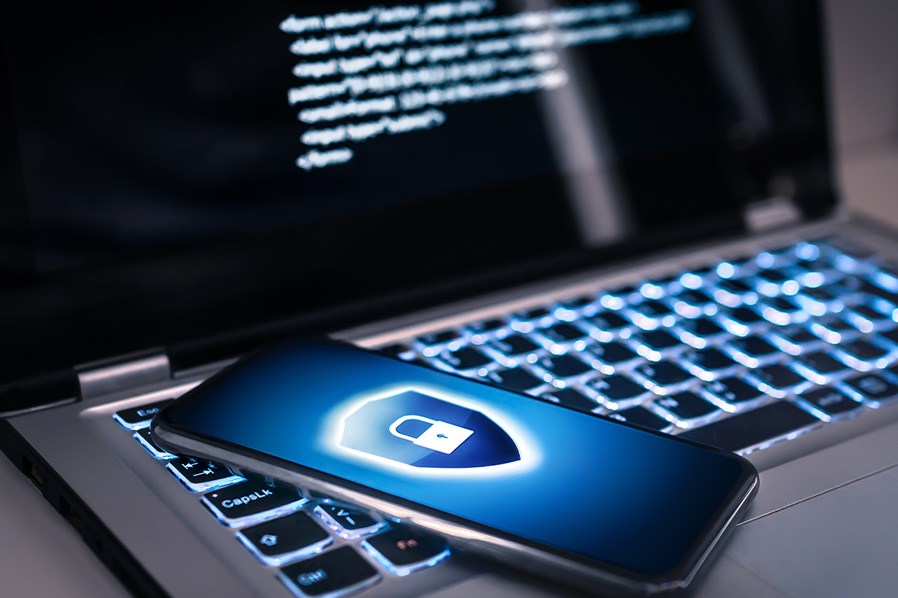In today's digital age, protecting personal data is essential, as it can be misused by irresponsible individuals, such as scammers and hackers.
Moreover, personal data is often required for various online activities, including registering for applications, mobile banking transactions, making e-commerce purchases, paying off loans via apps, and more.
Examples of personal data include:
- Identity data, such as full name, identity number (e.g., ID card e-KTP or passport), address, place of birth, date of birth, and mother's maiden name.
- Financial data, such as bank account numbers, credit card details, or financial transaction history.
- Biometric data, which consists of unique biological measurements, such as fingerprints, iris scans, or facial recognition.
Tips for Protecting Your Personal Data
Here are some tips to keep your personal data safe and prevent it from falling into the wrong hands.
1. Create a Strong Password
When setting up a password, avoid using easily guessable information, such as your birthdate. Instead, choose a combination of uppercase and lowercase letters, numbers, and symbols, and update it regularly.
It's also best to use a unique password for each account rather than reusing the same one across different sites.
2. Avoid Oversharing Personal Information on Social Media
Oversharing can put your personal data at risk. Be mindful when posting details like your location, hometown, or birthday. Adjust your privacy settings to control who can see your posts and avoid sharing sensitive information publicly.
3. Be Cautious When Using Free Wi-Fi
Most public Wi-Fi networks have weak security, making it easier for others on the same network to access your online activities.
Whenever possible, wait until you're on a secure network especially when accessing banking or credit card services.
4. Avoid Clicking on Suspicious Links and Attachments
Hackers often use phishing scams disguised as legitimate messages from banks, utility companies, or other organizations.
If you receive an unexpected link or attachment, don’t click on it immediately but verify the source first.
5. Check the Security of the Site You Are Visiting
Before entering your personal data on a website, look at the address section. If there is a lock symbol and the URL starts with “https”, it means the site is secure.
In addition, there are several other ways to determine if a site can be trusted, such as website privacy policies, contact information, or a “verified secure” seal.
6. Be Cautious When Downloading Applications
Apps from untrusted sources may contain malware designed to steal personal data.
Always download apps from official sources like the Google Play Store or Apple App Store, and review the permissions requested before installing them.
7. Keep Your Software Updated
Regular software updates help protect your personal data, as they often include security patches to guard against new threats.
Don’t ignore update notifications on your computer, smartphone, or apps, including antivirus, anti-spyware, and firewall programs.
If you notice anything suspicious, especially related to your banking data, don’t hesitate to contact BCA through:
- HaloBCA app – Download it from the Play Store or App Store, or call Halo BCA 1500888 (no need for a prefix like 021 or +62).
- WhatsApp Bank BCA – 08111500998 (look for the blue checkmark next to the account name).
- BCA’s official social media – Check the verified accounts at bca.id/socialmedia.
Always protect your personal data anytime, anywhere to avoid potential fraud.



